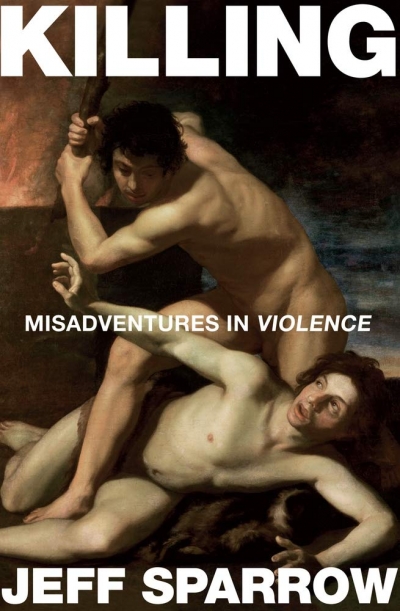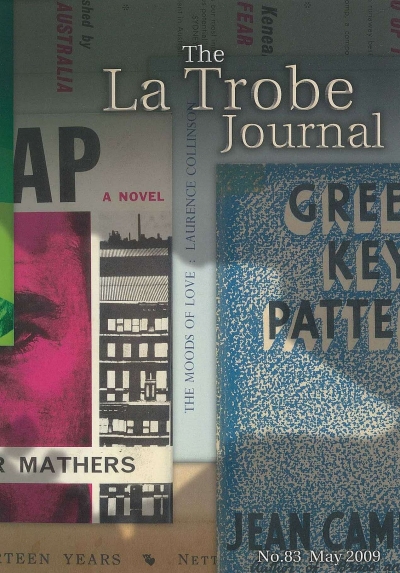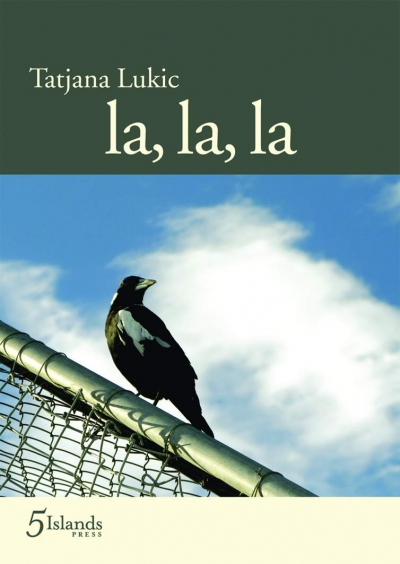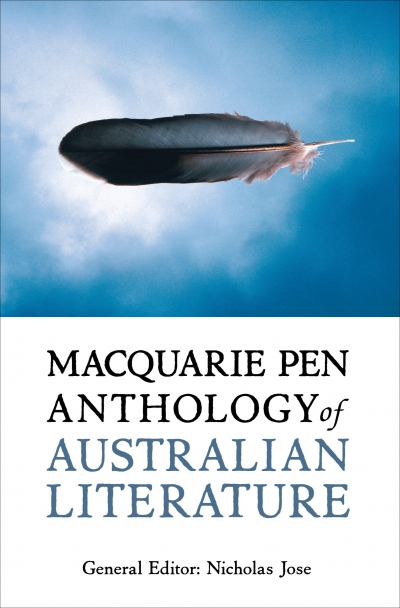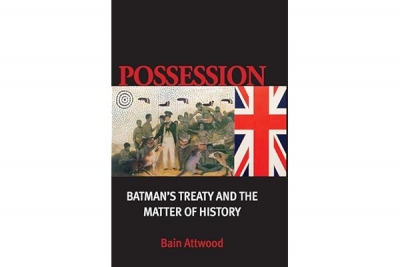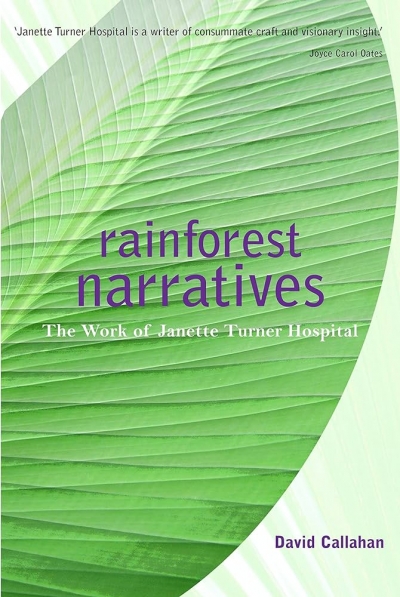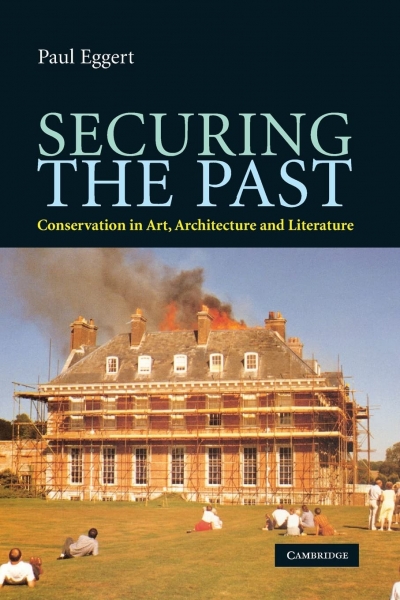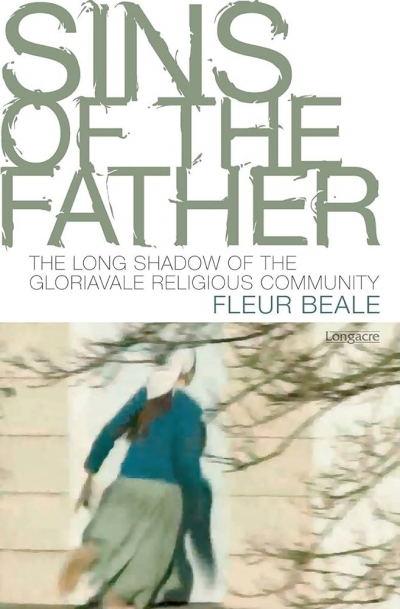Archive
Killing: Misadventures in violence by Jeff Sparrow
by Elisabeth Holdsworth •
Macquarie Pen Anthology of Australian Literature edited by Nicholas Jose
by Peter Craven •
Saturday. The usual 9 a.m. flight.
The man beside me hefts a Gladstone.
‘I haven’t seen one of those in years,’
I say, this being sociable Saturday.
I recall a worn one from my twenties
owned by someone else. Always empty
A doctor with a face
worn and grey as his cardigan
calls my name
in his rooms
he asks about the book I’m reading
I tell him
... (read more)Possession by Bain Attwood & Shaking Hands on the Fringe by Tiffany Shellam
by Robert Kenny •
Rainforest Narratives: The Work of Janette Turner Hospital by David Callahan
by Susan Lever •
Securing the Past:: Conservation in art, architecture and literature by Paul Eggert
by Robyn Sloggett •

